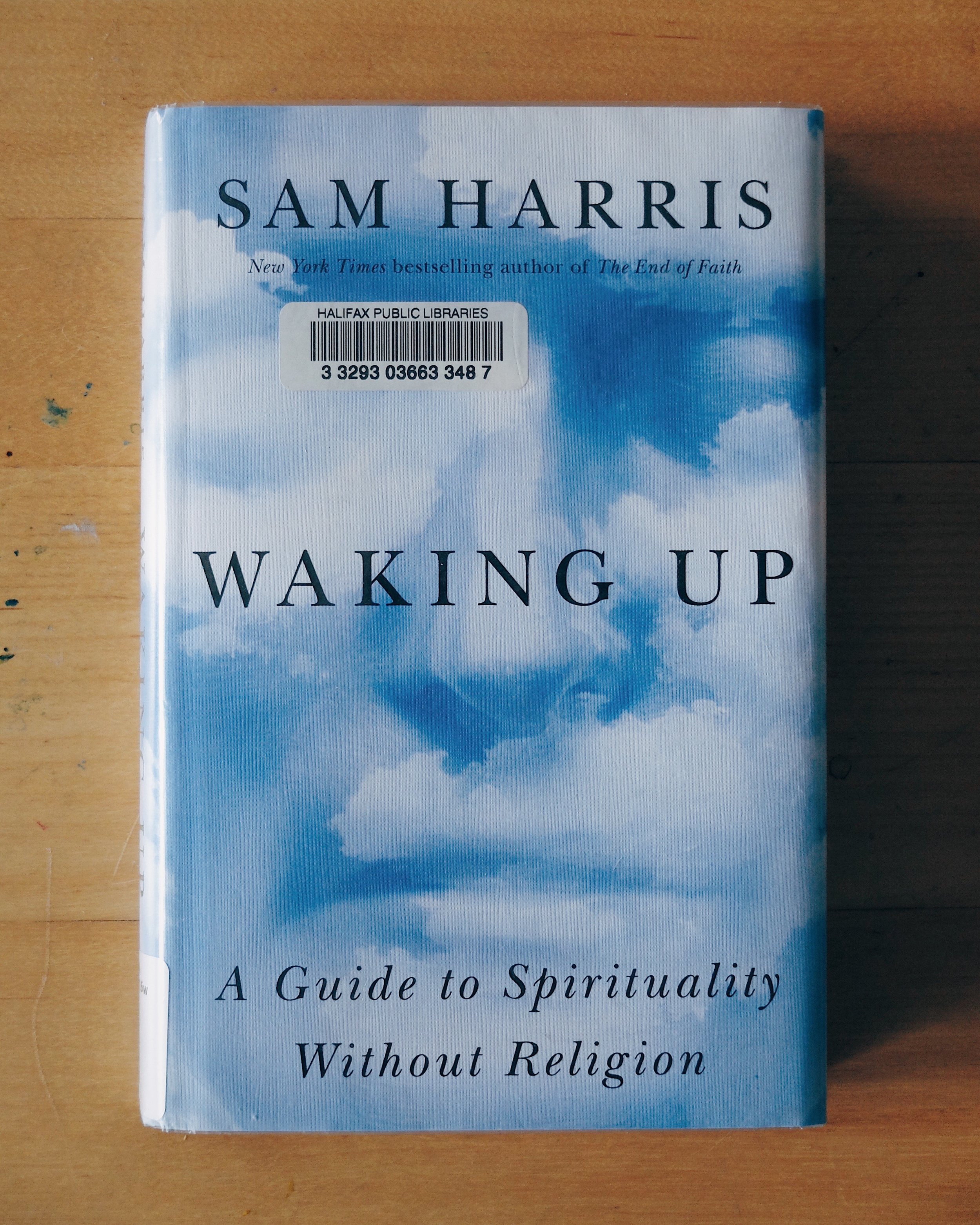Waking Up by Sam Harris
The Book in 3 Sentences
We spend our lives lost in thought, not knowing what is actually happening in the present moment. Meditating is not merely thinking with their eyes closed, it is a skill that takes training to distinguish between being lost in thought and seeing thoughts for what they are. During the normal course of life your mind will determine the quality of your life; changing your perception of the world is often as good as changing the world itself.
Favourite Quotes
“We spend our lives lost in thought. Not much is thought of this in Western culture. In the East—especially in contemplative traditions like those of Buddhism—being distracted by thought is understood to be the very wellspring of human suffering.” (p101)
“During the normal course of events, your mind will determine the quality of your life.” In that sense, changing your perception of the world is often as good as changing the world itself. (p204)
Notes on the Book
Happiness, Subjectivity, and Mindfulness
Is there a form of happiness beyond the mere repetition of well-being and avoidance of pain? Ceaseless change is an unreliable basis for lasting fulfillment. (p12)
Even in the best of circumstances, happiness is elusive. Meditation, yoga, prayer, etc are all ways of transforming your perception of the world. (p12)
On one level, wisdom is nothing more profound than the ability to follow one’s own advice. (p15)
We must we aware of subjective experience. For example, any athlete will know that certain kinds of pain, like the burning of lifting weights, can be intensely satisfying. However, if these were the symptoms of a terminal illness, the same pain might be excruciating. (p16)
Being mindful is not a matter of thinking more clearly about experience; it is the act of experiencing more clearly, including the arising of thoughts themselves. It is a mode of cognition that is undistracted, accepting, and nonconceptual. Mindfulness is a vivid awareness of whatever is appearing in one’s mind or body - thoughts, sensations, moods - without grasping at the pleasant or recoiling from the unpleasant. (p36)
On Meditation
Most people who believe they are meditating are merely thinking with their eyes closed.... It takes some training to distinguish between being lost in thought and seeing thoughts for what they are. Learning to meditate is just like acquiring any other skill. (p37)
“Bliss, it has been noted, is not conducive to detached observation. And yet, we are all seeking fulfillment while living at the mercy of changing experience. Whatever we acquire in life gets dispersed. Our bodies age. Our relationships fall away. Even the most intense pleasures will last only a few moments. And every morning, we are chased out of bed by our thoughts.” (p83)
Beginning meditators often think that they are able to concentrate on a single object, such as the breath, for minutes at a time, only to report after days or weeks of intensive practice that their attention is now carried away by thought every few seconds. This is actually progress. It takes a certain degree of concentration to actually notice how distracted you are. (p100)
From the contemplative point of view, being lost in thoughts of any kind, pleasant or unpleasant, is analogous to being asleep and dreaming. It’s a mode of not knowing what is actually happening in the present moment. (p101)
Who Are You Really Talking To?
Monologues with oneself becoming dialogues. Imagine you lose your sunglasses. You search your home and finally find them, laying on the table where they were the day before. “There they are!” you think as you walk over to grab them. But to whom are you thinking this thought? Maybe you even said this phrase out loud. Who are you informing? You already saw the sunglasses. Is there someone else in your search party? (pp114-115)
Other Interesting Ideas
Binocular rivalry, demonstrated by Christof Koch and others, demonstrates that when each eye is presented with a different visual stimulus, a person’s conscious experience is not a blending of both images, but each image separately and at randomly varying intervals. (p61) Are both sides of the brain conscious?
The practice of Dzogchen requires that one be able to experience the intrinsic selflessness of awareness in every moment. For a Dzogchen meditator, mindfulness must be synonymous with dispelling the illusion of self. To practice a form of awareness (rigpa) that is unencumbered by subject/object dualism. [Sam Harris] went to Tulku Urgyen for the experience of self-transcendence, and in a few minutes found there was no self to transcend. (pp134-135).


